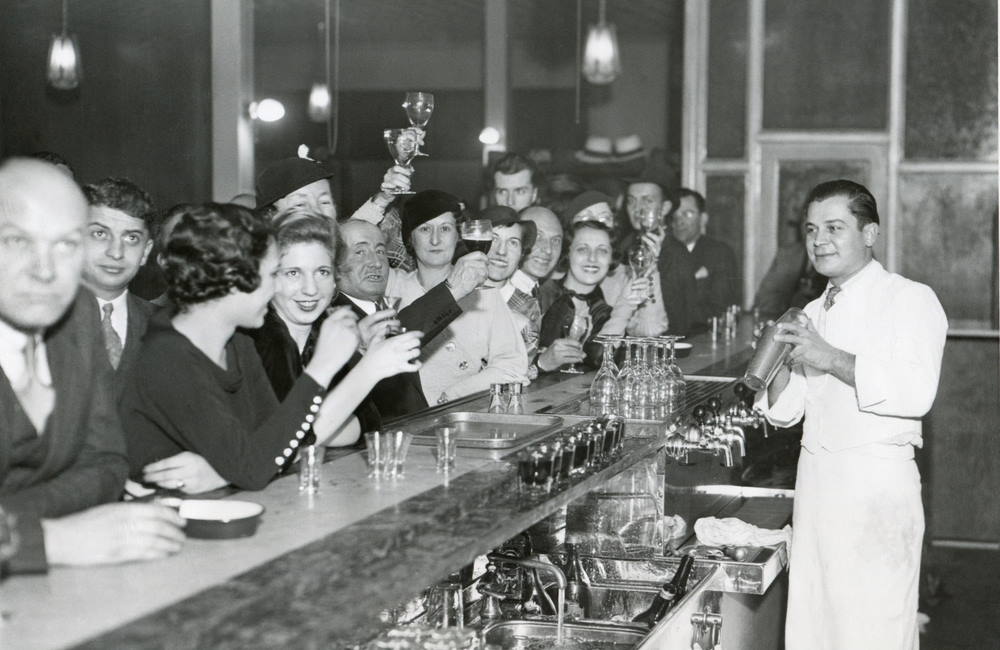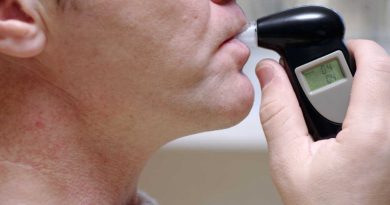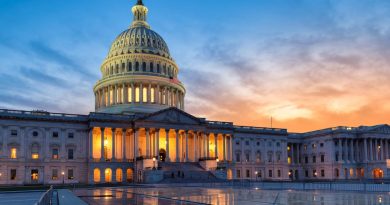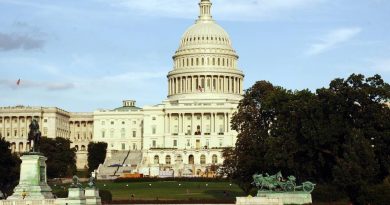Will Political Leaders Treat Cannabis Like They Did Alcohol After The Great Depression?
As states around the country start to allow businesses to reopen, they all face a harsh reality. Lockdowns ordered by states and cities to mitigate spread of the coronavirus have led to lost jobs, businesses on the brink of financial collapse and a lot less cash flowing into government coffers.
One possibility that could help local governments is using cannabis legalization to help the economy recover.
Writing in Forbes, Kris Krane, founder of 4Front, an investment and operations firm in the cannabis industry, argued that as the country begins the slow climb out of the “economic morass” caused by the pandemic, local governments will search for new sources of revenue. Krane noted that after the Great Depression, the government decided to end the prohibition against alcohol.
Krane wrote, “Today, the very same factors that caused the government to pull the plug on alcohol prohibition should result in the final nail in the coffin of the country’s much longer standing but equally unjust policy of marijuana prohibition.“
Alcohol Prohibition and the Great Depression
Prohibition went into effect in 1920 and people were looking for a way to relieve stress and anxiety. Much like cannabis prohibition, alcohol prohibition in the 1920s led to a burgeoning black market for alcohol, the rise of gangs and an increase in violence as they fought for control of lucrative markets. The most famous example of the latter is the St. Valentine’s Day Massacre in Chicago in 1929.
It also wasn’t fair. As pointed out by History.com, politicians and the rich continued to drink as if prohibition wasn’t happening. President Warren G. Harding stocked the White House with whiskey. Commerce Secretary Herbert Hoover, the future president, liked to have a drink at the Belgian embassy where U.S. law did not apply. Meanwhile, the only option for the middle class and poor were speakeasies that police often raided.
Things didn’t change until it impacted the government. When the Great Depression hit, local and state governments found themselves far short of the money needed to maintain current budgets. Anti-prohibitionists found allies even among staunch anti-alcohol politicians. The need for money changed their stance.
Cannabis Prohibition and the Coronavirus Crisis
No one is yet calling what is happening in the United States a depression, although some economists anticipate what is coming may be worse. But one bright spot has been the cannabis industry.
Sales went through the roof when lockdowns were first announced as Americans prepared for quarantine. State and local governments quickly made cannabis dispensaries an “essential business” that could remain open. The only state that shut down dispensaries was Massachusetts, and officials moved to reopen them in May.
The argument for ending federal cannabis prohibition goes like this:
- As of late May, 40 million people have filed for unemployment. That’s the largest number since the government started tracking unemployment numbers after World War II
- The cannabis industry already employs 250,000 people, according to Leafly’s Cannabis Jobs Report, and could employ many more if legalization went nationwide.
- The last two Gallup polls have found about 66% of Americans support legalization nationally
Public officials have made it clear legalization would help. For example, New Mexico Gov. Michelle Lujan Grisham recently said that taxes and fees from marijuana legalization could have paid for the state programs they are having to be cut in the wake of lockdowns.
Grisham said, ““If we want economic support and economic relief, then we must use every economic idea. And I want to point out also that the vast majority of New Mexicans favor recreational cannabis.” She could have been speaking for the country as a whole.




